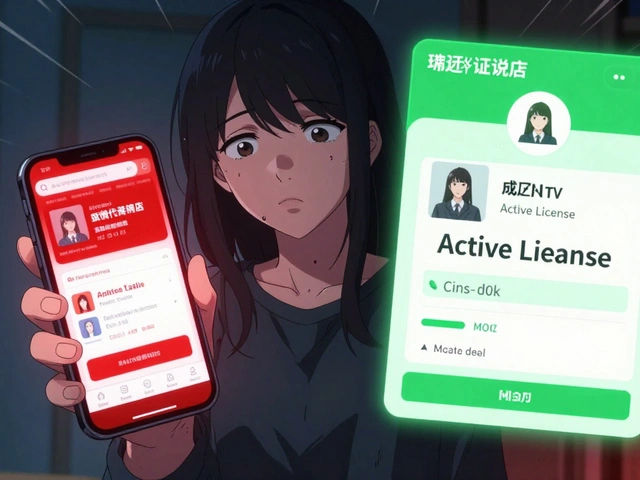Mental Health: Practical Guides, Medicine Info, and Support
You don't need a medical degree to understand your mental health. Here we break down conditions, treatments, side effects, and practical self-care in plain language. Expect clear explanations, quick tips for talking with your doctor, and summaries of recent research you can actually use.
What you'll find here
Short guides explain common conditions like depression, anxiety, bipolar disorder, PTSD, and sleep problems. Medication pages list what a drug does, typical doses, common side effects, and red flags that mean call your clinician. We cover therapy options too - cognitive behavioral therapy, exposure therapy, and talk therapy - with simple notes on what to expect in a session. Every guide links to more detailed posts and trustworthy sources so you can read deeper if you want.
Featured article: Carbamazepine for PTSD
One recent post looks at carbamazepine, an anticonvulsant used for epilepsy and bipolar disorder, now being explored for post-traumatic stress disorder (PTSD). Clinical reports describe fewer flashbacks, reduced nightmares, and lower anxiety in some patients taking carbamazepine. Typical use in these reports involved doses similar to bipolar treatments, and doctors monitored liver enzymes and blood counts. If you or someone you care about is considering this option, bring the article to your prescriber and ask about risks, interactions, and monitoring.
When we mention a study, we give the basic takeaways: who was studied, what changed, and how big the effect was. For example, a 2018 trial on a small group found that adding a mood stabilizer cut certain symptoms by a noticeable amount. We aim to avoid hype and say what the evidence really shows.
Practical tips you can use today
- If medicine causes side effects, don't stop suddenly without checking with your clinician; tapering may be needed.
- Track symptoms and medication on a simple chart for two weeks; bring that to appointments.
- Ask directly: 'What should I expect in the first month?' and 'When will we check labs?'
- Consider combining medication with therapy; many studies show better outcomes when both are used.
How we pick content
We prefer peer-reviewed trials, clinical guidelines, and expert reviews. We flag small studies so you know when evidence is early. We avoid promoting off-label use as a first-line choice; instead, we present data and questions to ask your prescriber.
Want more?
Browse condition pages, medication guides, or use our search to find posts like the carbamazepine review. If you have a topic suggestion, tell us - we update content regularly and aim to make information useful and easy to share.
If you are in crisis, call local emergency services or a suicide prevention hotline immediately. For non-urgent questions, our newsletter highlights new posts and practical checklists each month. Sign up for weekly summaries to get medication updates, therapy tips, and plain-language summaries of new studies. Many readers find the weekly checklist helps them talk with their clinician and track progress.
Questions or corrections? Email our editorial team and we'll reply within three days.
First-episode psychosis is treatable - but only if help arrives fast. Learn how coordinated specialty care and family support can change a life, reduce relapse, and restore hope.
Read more
A clear, practical guide on treating postpartum depression while breastfeeding, covering safe antidepressants, side‑effect monitoring, and step‑by‑step advice for moms and clinicians.
Read more
In recent years, the use of Carbamazepine in treating Post-Traumatic Stress Disorder (PTSD) has gained popularity. As a blogger, I've been researching this topic and found that Carbamazepine is an anticonvulsant drug often used for epilepsy and bipolar disorder, but it's also showing promise for PTSD. Studies have demonstrated its effectiveness in reducing symptoms like flashbacks, nightmares, and anxiety. However, it's important to note that more research is needed to fully understand its long-term effects on PTSD patients. I'm eager to keep an eye on this topic and share any new developments with my readers.
Read more







